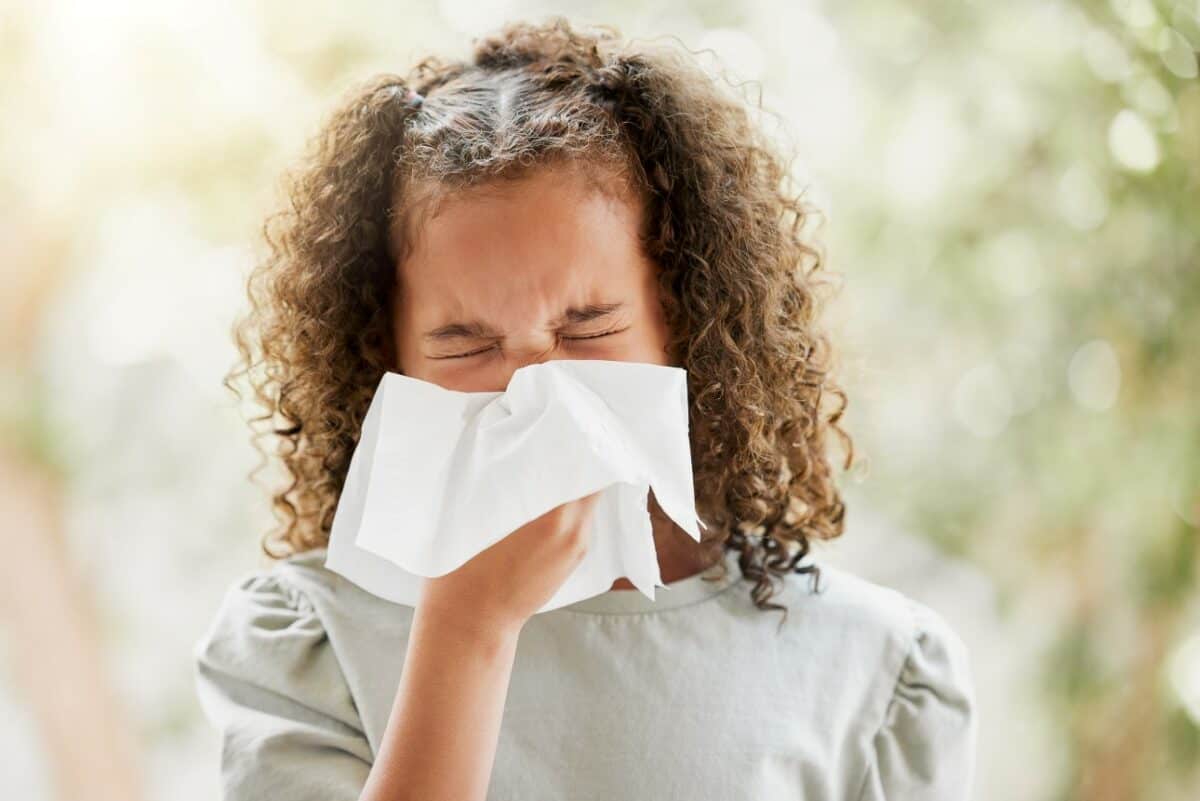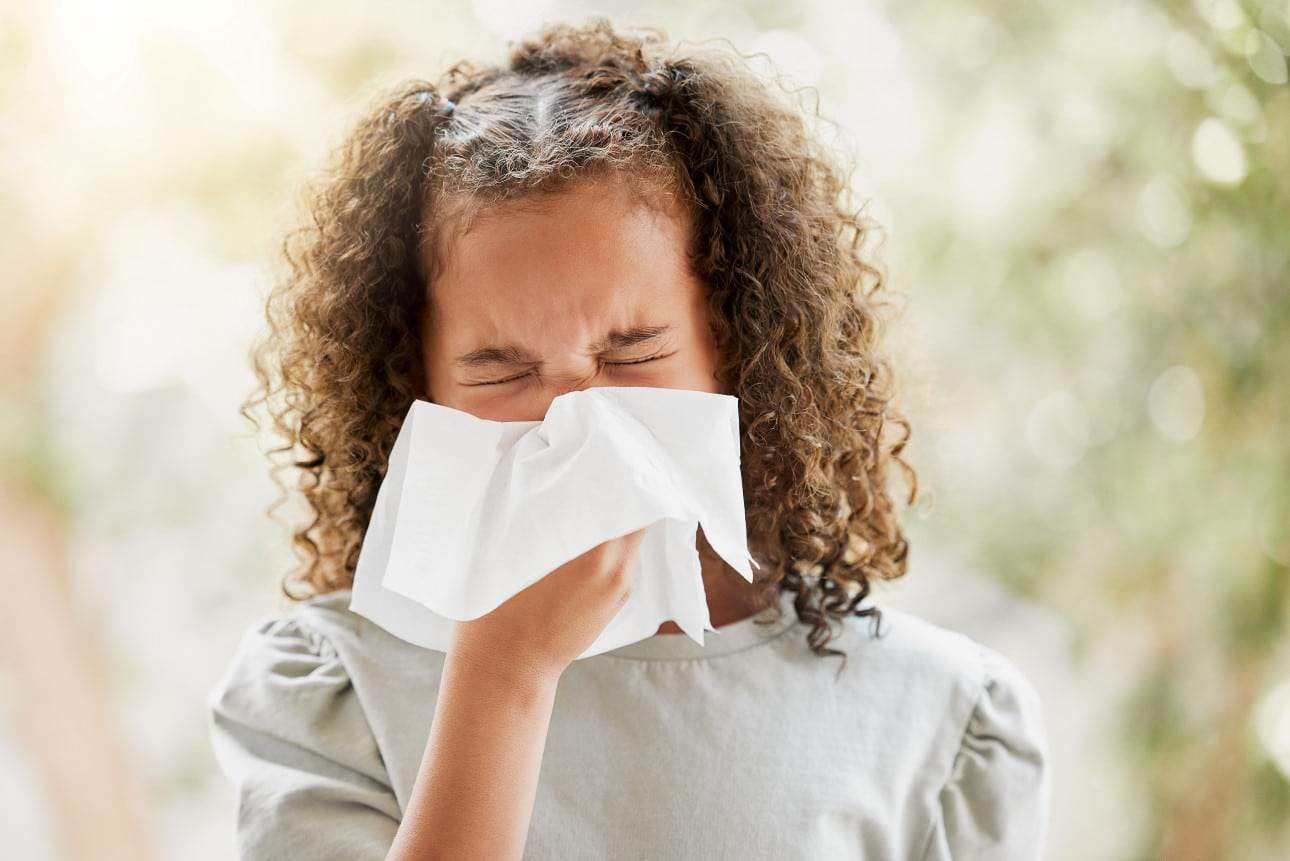
Introduction
Do you often see your kid’s friends or classmates sneezing, itching, or having red, watery eyes? Well, they might be experiencing allergies! Allergies are common in kids and can make them feel uncomfortable. But don’t worry, in this blog post, we will learn all about allergies in kids, including their symptoms and how to treat them.
Understanding Allergies
First things first, let’s understand what allergies actually are. An allergy is a reaction that happens when our immune system overreacts to something that is normally harmless. These harmless things, called allergens, can be found in the air we breathe, the food we eat, or the things we touch.
Common Allergens
There are several common allergens that can trigger allergies in kids. Some of the most frequent ones include:
- Pollen: Tiny particles released by plants, especially during spring and fall.
- Dust mites: Tiny bugs that live in household dust.
- Pet dander: Tiny particles of skin, fur, or feathers from animals like cats and dogs.
- Mold spores: Tiny fungi that grow in damp places like bathrooms and basements.
- Certain foods: Such as milk, eggs, peanuts, tree nuts, soy, wheat, fish, and shellfish.
Allergy Symptoms
When kids have allergies, they might experience different symptoms. The symptoms can vary depending on the allergen and the part of the body affected. Here are some common symptoms to look out for:
- Sneezing: Repeated sneezing that doesn’t seem to go away.
- Itchy or watery eyes: Eyes that feel itchy, appear red, or produce excessive tears.
- Runny or stuffy nose: A nose that is constantly runny or blocked.
- Skin rashes: Red, itchy, or swollen patches on the skin.
- Coughing or wheezing: A persistent cough or wheezing sound when breathing.
- Upset stomach: Nausea, vomiting, or stomach pain after eating certain foods.
Treating Allergies
If your child is experiencing allergy symptoms, it’s important to take steps to help them feel better. Here are some ways to treat allergies:
- Avoid allergens: Help your child stay away from the allergens that trigger their symptoms. For example, keep pets out of their bedroom if they are allergic to pet dander.
- Medications: Over-the-counter antihistamines can help relieve mild allergy symptoms. However, it’s always best to consult with a doctor or pharmacist before giving any medication to your child.
- Allergy shots: In some cases, a doctor might recommend allergy shots or immunotherapy. These shots can help reduce the body’s reaction to allergens over time.
- Allergy action plan: If your child has severe allergies, it’s a good idea to work with their doctor to create an allergy action plan. This plan will outline steps to take in case of an allergic reaction and provide emergency contact information.
Conclusion
Allergies can be bothersome for kids, but with proper understanding and treatment, they can be managed effectively. By knowing the common allergens, recognizing the symptoms, and taking appropriate measures, parents and caregivers can help their children live comfortably and enjoy their daily activities without constant discomfort. Remember, if you suspect your child has allergies, it’s always best to consult with a healthcare professional for proper diagnosis and guidance.
References:
- American Academy of Allergy, Asthma & Immunology (AAAAI): https://www.aaaai.org/
- American College of Allergy, Asthma & Immunology (ACAAI): https://acaai.org/
- Mayo Clinic – Allergies in Children: https://www.mayoclinic.org/diseases-conditions/childhood-allergies/symptoms-causes/syc-20351560
- National Institute of Allergy and Infectious Diseases (NIAID): https://www.niaid.nih.gov/
- KidsHealth – Allergies: https://kidshealth.org/en/parents/allergies.html









